Good news or bad? It all depends on how you choose to look at Rivian’s first-quarter sales and production results. Headlight.News explains.
If there’s anything likely to tell the optimists and pessimists apart it’s the news release that Rivian issued early Wednesday morning.
The automaker reported it delivered 8,640 vehicles during the first three months of 2024, while production came in at 14,611 vehicles.
The optimists note that those sales numbers narrowly managed to beat Wall Street’s consensus target of 8,610 Rivian R1T and R1S battery-electric vehicles, and commercial vans. And analysts had forecast production would come in at 12,380 vehicles. As for the pessimists? They point out that the delivery numbers marked Rivian’s worst quarterly results since the final quarter of 2022.
Looking back, looking ahead
The weak first quarter didn’t come as a surprise, CEO Claire Mcdonough warning of supply chain issues during the company’s 2024 earnings call.
“We expect to deliver fewer consumer vehicles in the first quarter as compared to the prior quarter,” Mcdonough said at the time. “These lower anticipated volumes are due to seasonality coupled with a challenging demand environment, partially driven by the impact of the fires in Los Angeles, which has historically been one of our largest markets. Due to these dynamics we anticipate deliveries to be around 8,000 vehicles in Q1.”
Things should improve in the months ahead, Rivian said Wednesday, though 2025 could be challenging. For now, at least, it is holding to its forecast for all of 2025, with deliveries forecast at somewhere between 46,000 and 51,000 vehicles. The automaker last year produced 49,476 vehicles and delivered 51,579.
Cutting losses
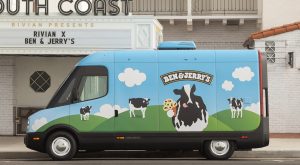
Rivian’s electric vans are now available to all commercial users after the expiration of a deal with Amazon. That includes Ben & Jerry’s.
For the 2025 model year, Rivian made a number of changes to its two retail product lines, the R1S SUV and R1T pickup, among other things finding ways to sharply reduce the amount of costly copper used in its motors. These steps are meant to attract more buyers while reducing the amount the start-up has been losing on each vehicle sold.
The company, meanwhile, cut 10% of its workforce last year.
That helped the automaker deliver a gross profit of $170 million in the fourth quarter, a $776 million improvement from the final three months of 2023. Of that total, $100 million came from auto sales, the rest from software and services.
Rivian has laid out an aim of further improving its balance sheet in 2025, even without a significant change in production and sales.
More Rivian News
- Rivian Opens Up EV Van Sales to All Commercial Buyers
- Rivian Announces 3 New Models: R2, R3, R3X
- Ben & Jerry’s Scoops Up Two Rivian Vans
Problems ahead
As Rivian learned over the past two quarters, there can be plenty of external forces unexpectedly influencing production and sales. But there are a number of known issues that could make things tougher going forward, as well.
That starts with the numerous anti-EV steps being taken by Pres. Donald Trump. He has ordered an end to federal subsidies of a nationwide EV charging network approved by Congress under the Biden administration, for one thing; has reversed what are effectively federal sales mandates and is set to eliminate the $7,500 tax credits for EV buyers.
April 2 also marked the start of Trump’s new tariffs on imported autos and auto parts. They’re expected to impact all U.S.-made products, such as Rivian’s, as well because they use at least some foreign-made parts and components. Rivian, like other domestic manufacturers, faces the prospect of counter-tariffs that could impact its EV exports.
Adding to Rivian’s potential headaches, Trump and his Department of Government Efficiency chief Elon Musk are trying to block payments from a $6.6 billion loan approved during the waning hours of the Biden era to help Rivian move ahead on a new assembly plant in Georgia. That facility is critically needed to produce the smaller R2 SUV expected to become Rivian’s high-volume model line. Critics of the White House move point to a conflict of interest on the part of Musk who also serves as CEO of Rivian’s arch-rival Tesla.

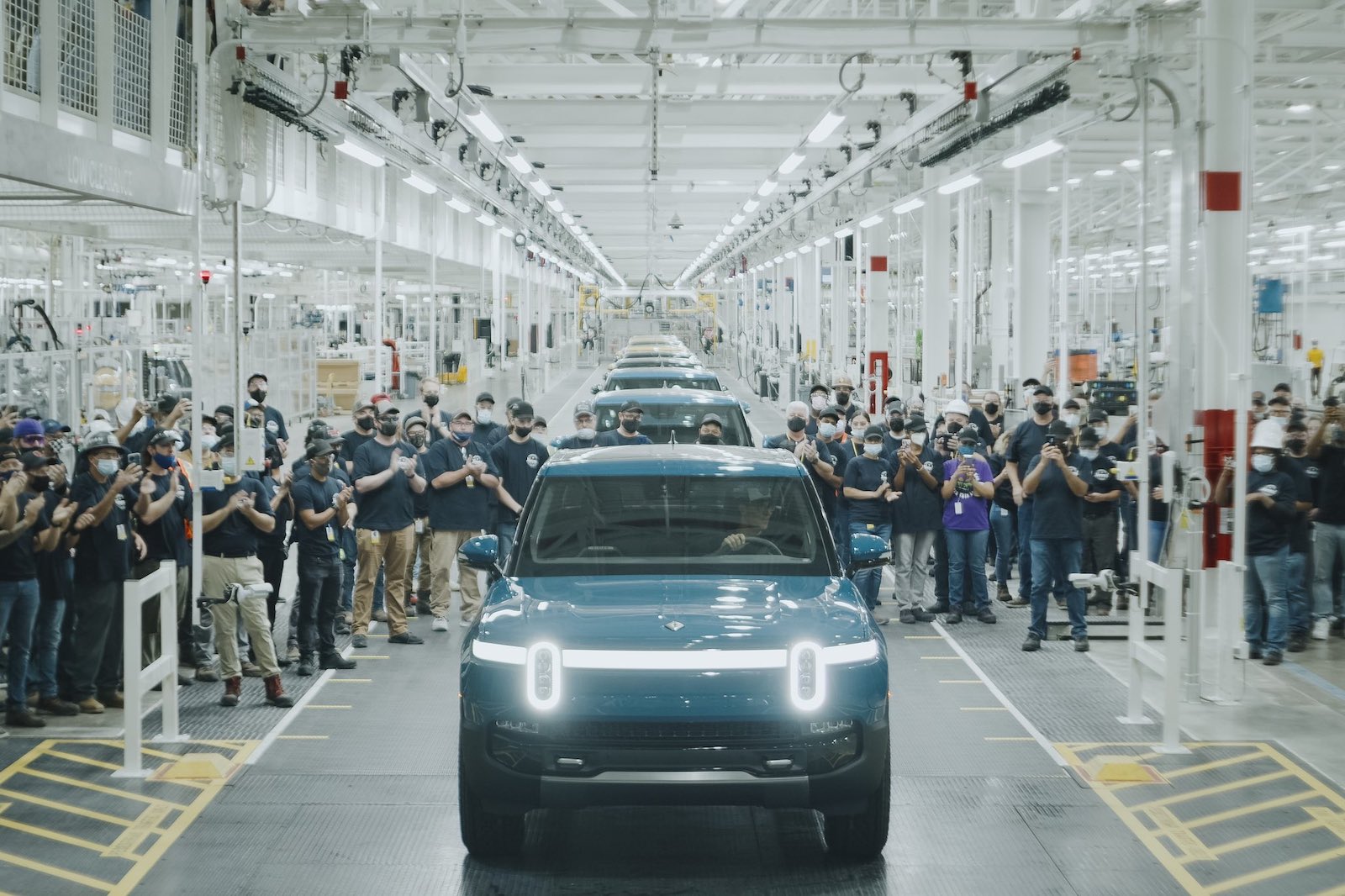
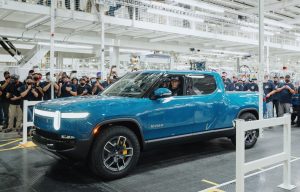
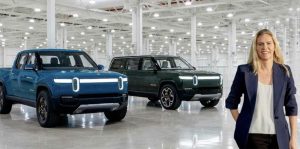
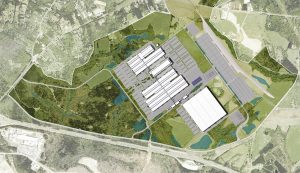
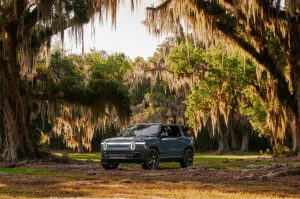
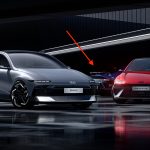
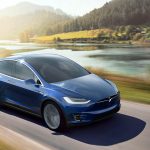
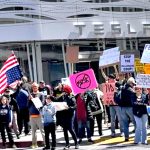
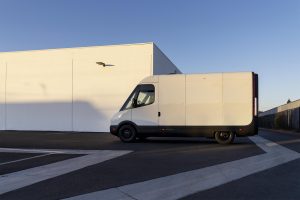
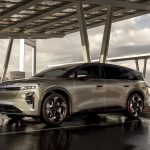
0 Comments